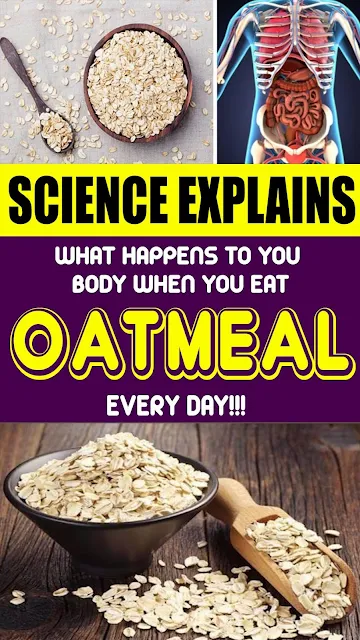You may have heard your parents say, 'Breakfast is the most important meal of the day,' and if you eat oatmeal for breakfast, your body may experience incredible changes. Behind its unimpressive exterior, this one super grain is a wholesome nutritional powerhouse.
Oats have been grown and harvested by humans as a food and medicine source for more than two thousand years. Oatmeal has been used medicinally for mending the skin, intestinal diseases, nerve issues, and uterine difficulties, among other things.
Have you ever had what I call a “Ratatouille moment?” You may have had one without realizing it, so let me explain what this is:
In the tender movie Ratatouille, a food critic sits down at a restaurant table and tastes a dish of ratatouille, a combination of eggplant, zucchini, tomatoes, bell peppers, and a blend of seasonings and spices. As soon as his fork hits his lips, he’s immediately transposed to his childhood. He traveled back to sitting at his mother’s table, filling himself with this comforting dish laced with bursting flavors and, of course, love.
For me, oatmeal brings a Ratatouille moment. When I was a young child, my dad worked a very early shift. He used to wake me up in the wee hours of the morning and welcome me to the table with a steamy bowl of oatmeal. I never knew or cared about what time it was, I only knew that it was dark outside and that I was going to be surrounded by a dish of warmth. To this day, when I’m stressed or I’m just in the mood for a hug from my plate, I know I can count on the comfort of this guilt-free food that somehow feels indulgent.
Breakfast With Benefits
Since October 29 is National Oatmeal Day, it’s a good time to point out that if you’re not eating oatmeal, here’s why you oat-to:
- Oats contain both soluble and insoluble fiber. Soluble fibers form a viscous gel that helps to lower cholesterol and stabilize blood glucose levels. The insoluble fiber in oats helps provide a “moving” experience by curtailing constipation and improving intestinal health. What a delicious way to make your heart and colon smile.
- Oats make an easy, balanced breakfast. One cup of cooked oatmeal contains about 150 calories, four grams of fiber (about half soluble and half insoluble), and six grams of protein. To boost protein further, my favorite way to eat oatmeal is with a swirl of almond butter nestled within. This powerful combo will keep you away from that mid-morning visit to the vending machine.
- Oats provide important minerals. Nutrient-rich oatmeal contains thiamin, magnesium, phosphorus, zinc, manganese, selenium, and iron.
- Oats are naturally gluten-free, but check with manufacturers to ensure that their products are not made using the same equipment as other potentially contaminating grains. (Always purchase gluten-free products from reputable companies and read food labels carefully.)
- Oats could help you control your weight by keeping you feeling fuller longer. Sadly, carbs are often shunned and feared by those looking to drop a few pounds, yet choosing whole grains could squash hunger and simultaneously provide that pleasant “ahhhh” feeling carb-lovers crave. But, as with any other food, be mindful of portion sizes.
Foods that bring back comforting memories are precious and should be savored slowly. But proceed with caution when it comes to what I call “Ratatouille impersonators.” Those are foods that remind you of a past experience, but taste nothing like the original dish. For example, let’s say you noticed an apple strudel in a box on the supermarket shelf and it made you remember the way your grandmother baked this recipe. If you purchased it, tasted it, and it didn’t taste like grandma’s … then hopefully, you ditched it! These impostors usually come with a side of angst, leading to discomfort instead of comfort.

